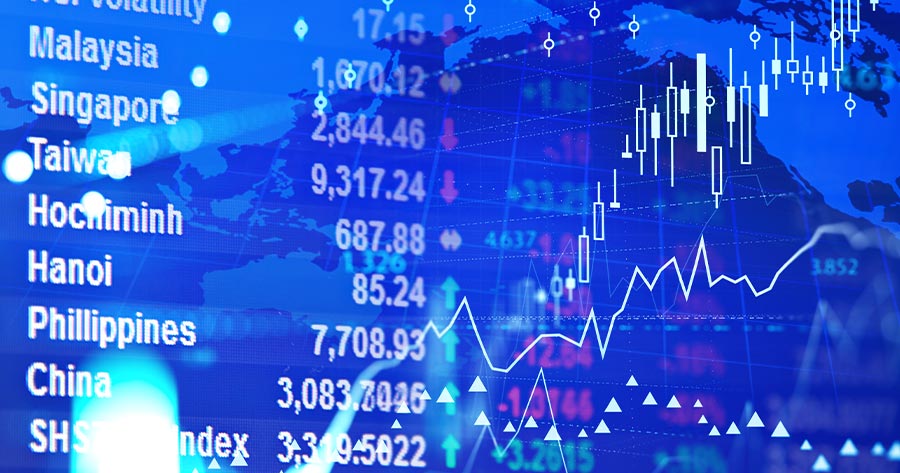On Thursday morning (17 April, 9:54 AM, GMT+7, Bangkok time), indices in Asia Pacific surged across the region, diverging from Wall Street’s significant decline following warnings from U.S. Federal Reserve Chair Jerome Powell about trade tensions potentially hindering the central bank’s objectives of managing inflation and fostering economic growth.
In the midst of U.S. tariffs and the looming snap presidential election, South Korea’s central bank decided to maintain its policy rate at 2.75% on Thursday, aligning with a Reuters survey of economists anticipating the bank to refrain from adjusting rates.
In Japan, the country recorded a 3.9% increase in March exports compared to the same period last year. This growth fell below the anticipated 4.5% increase forecasted by a Reuters survey, and was less than the notable 11.4% surge experienced in February.
Japan’s NIKKEI rose by 0.86% to 34,212.29. South Korea’s KOSPI grew by 0.56% to 2,461.16, and Australia’s ASX 200 increased by 0.39% to 7,789.2.
As for stocks in China, Shanghai’s SSEC climbed by 0.06% to 3,277.87. Hong Kong’s HSI jumped by 1.07% to 21,281.68, and Shenzhen’s SZI surged by 0.27% to 9,800.79.
Meanwhile, the US stock markets edged down on Wednesday as the Dow Jones Industrial Average (DJIA) dropped by 1.73% to 39,669.39. NASDAQ lost 3.07% to 16,307.16, and S&P 500 slumped by 2.24% to 5,275.7. VIX soared by 8.37% to 32.64.
As for commodities, oil prices settled higher on Wednesday due to apprehensions regarding global supplies following the imposition of new sanctions by Washington targeting Chinese buyers of Iranian oil. Brent futures added $1.18 or 1.82% to $65.85 a barrel, and the West Texas Intermediate (WTI) gained $1.14 or 1.86% to $62.47 per barrel.
This morning, Brent futures expanded 48 cents or 0.73% to $66.33 a barrel, and the WTI escalated 59 cents or 0.94% to $63.06 per barrel.
Meanwhile, gold futures slid by 0.08% to $3,343.7 per Troy ounce.



